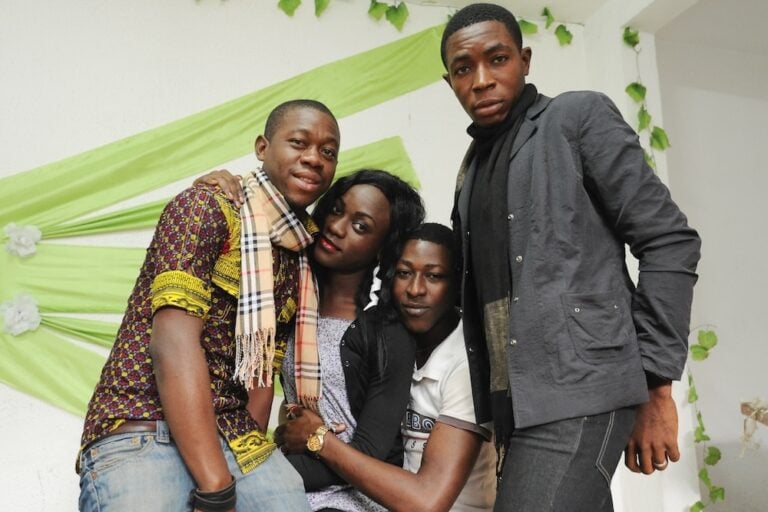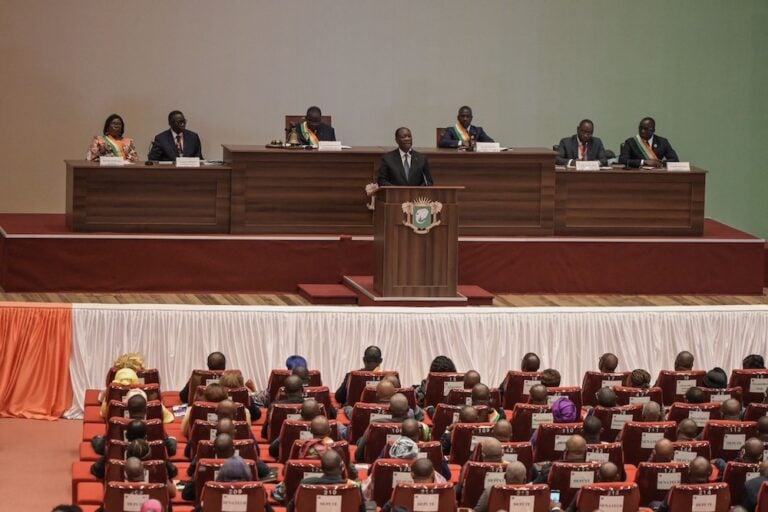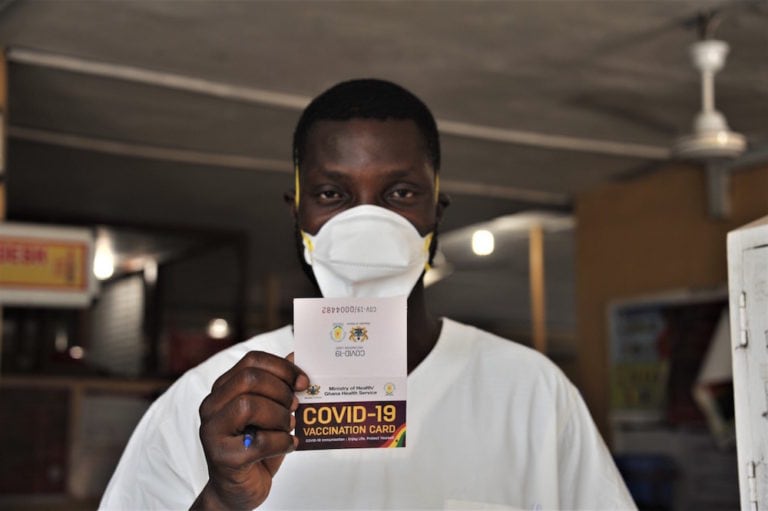(RSF/IFEX) – Antoine Massé, a local correspondent for “Le Courrier d’Abidjan”, a privately-owned daily that supports President Laurent Gbagbo, was killed on the morning of 7 November 2004 during clashes between the Ivorian army, demonstrators and members of the French peacekeeping force (Force Licorne), RSF has confirmed. “Le Courrier d’Abidjan” reported that Massé, who was […]
(RSF/IFEX) – Antoine Massé, a local correspondent for “Le Courrier d’Abidjan”, a privately-owned daily that supports President Laurent Gbagbo, was killed on the morning of 7 November 2004 during clashes between the Ivorian army, demonstrators and members of the French peacekeeping force (Force Licorne), RSF has confirmed.
“Le Courrier d’Abidjan” reported that Massé, who was also a literature professor, was fatally shot as he covered a demonstration aimed at blocking the eastward advance of French troops from Man towards Abidjan.
A statement released by the Ivorian Defence and Security Forces (Forces de défense et de sécurité ivoiriennes, FDS) said three soldiers, a policeman, a customs official and three civilians were killed on 7 November when French troops opened fire in the “Duékoué corridor”, in Duékoué and Dibobly. An FDS spokesman, Lt. Col. Jules Yao Yao, told RSF that Massé was one of the civilian victims.
On the morning of 7 November, a Force Licorne detachment that had left from Man found the road blocked and opened fire in order to clear the way.
“The death of a journalist is to be taken seriously,” RSF said. “We call on the Force Licorne to conduct an enquiry and publicly explain the circumstances of Antoine Massé’s death.” The organisation also appealed to journalists to take extra safety measures. “With this level of confusion, a journalist should in particular identify himself clearly.”
“Le Courrier d’Abidjan” staff said Massé was shot in the head and the heart. Deputy editor-in-chief William Varlet Asia told RSF that he spoke to Massé by telephone a few hours before he was killed, and had reiterated to him the security precautions he should take.
In another incident, the day before Massé was killed, Lazare Ahua, a cameraman with RadioTélévision Ivoirienne (RTI), sustained bullet injuries to the feet as he was filming a counter-strike by French helicopter gunships in Tiébissou, central Côte d’Ivoire, following an Ivorian air force attack on French positions in Bouaké in which nine French soldiers were killed.


